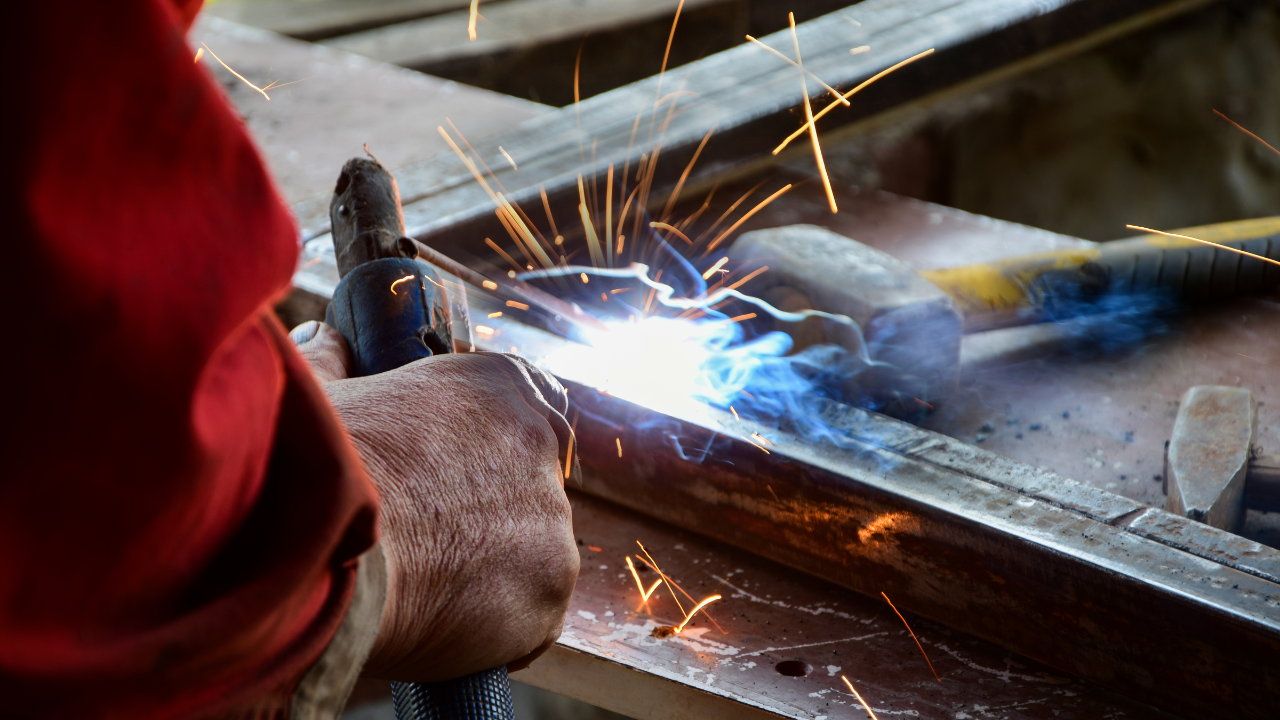
Steel detailing is the backbone of steel construction. It bridges the gap between structural design and fabrication, ensuring seamless execution. Without detailed shop drawings, fabricators and construction teams would struggle to translate design intent into a functional structure.
Accurate steel fabrication drawings guide every stage of the process. These precise drawings specify the dimensions, connections, and material specifications, preventing costly errors. A well-structured steel drafting service ensures efficiency and compliance with industry standards.
Steel detailing plays a vital role in material preparation and construction. Here’s how it impacts the entire process:
Steel detailers develop shop drawings with detailed instructions, ensuring fabricators and construction teams have accurate guidelines. These plans define every aspect of steel components, from dimensions to material specifications. Without these documents, errors in cutting, welding, and assembly could lead to structural issues or costly delays. Clear and comprehensive plans minimize ambiguities, allowing seamless collaboration between teams involved in a construction project.
Structural steel drawings help project managers ensure compliance with design requirements. These drawings illustrate how various steel elements fit together, ensuring the structural integrity of the final build. They include precise drawings for beams, columns, and connections, helping engineers and fabricators understand load-bearing capacities and placement strategies. By aligning with industry standards, these drawings promote safe and reliable steel construction.
A crucial part of steel detailing is specifying materials and estimating quantities. This ensures the correct steel components are prepared, reducing material wastage and optimizing procurement. Detailers consider factors such as grade, thickness, and weight, ensuring that materials meet project requirements. Proper material estimation helps in budgeting, preventing unexpected costs and delays. Quantity estimating ensures that fabricators receive exact materials needed for the construction process.
Erection drawings provide step-by-step guidance for assembling steel components at the construction site. These detailed instructions depict how each piece is positioned and connected, ensuring accurate installation. They help construction teams understand the sequence of erection, avoiding mistakes that could lead to misalignment or instability. Proper erection plans improve efficiency, reducing rework and maintaining safety during the construction process.
Steel detailing ensures that connections between components meet structural requirements. Properly designed connections enhance the overall stability and longevity of a structure. Whether bolted or welded, each connection must comply with international standards and load-bearing calculations. Connection design includes factors such as bolt types, weld sizes, and gusset plates, ensuring that every joint is strong enough to withstand structural stresses. Without proper connection design, structural failures could occur, compromising safety.
Outsourced CAD drafting services play a vital role in converting conceptual drawings into detailed shop drawings. These services help streamline the design-to-fabrication workflow, ensuring that sketches and architectural plans are transformed into precise, workable drawings. With CAD conversion, engineers and designers can refine details, improve accuracy, and eliminate errors before the fabrication process begins. This leads to better turnaround times and a smoother construction experience.
3D models provide a comprehensive view of the entire steel structure before fabrication. These detailed models help designers, engineers, and clients visualize the final product, making it easier to detect potential issues early. 3D modeling, rendering, and animation enhance collaboration between project teams, allowing for better design adjustments and improved accuracy. By leveraging advanced technologies, steel detailers create realistic representations that guide the entire construction process.
One of the key benefits of 3D modeling is clash detection, which helps identify potential interferences between different structural components before fabrication begins. Detecting clashes early prevents costly rework, ensuring that all elements fit together seamlessly. This proactive approach enhances construction efficiency and reduces errors on-site.
Additionally, Building Information Modeling (BIM) plays a crucial role in modern steel detailing. BIM facilitates seamless collaboration among engineers, architects, and contractors by providing a centralized digital representation of the project. With BIM, all stakeholders can access real-time updates, coordinate design modifications, and detect potential issues before they become costly mistakes.
This results in improved project planning, reduced material waste, and enhanced communication across all teams involved in the construction process.
Steel detailers follow American Institute of Steel Construction (AISC) standards and other international guidelines to maintain quality and safety. Compliance prevents costly delays and ensures adherence to structural requirements.
These standards define best practices for detailing, fabrication, and erection, ensuring that steel structures meet regulatory and performance expectations. By following industry standards, steel detailing enhances consistency and reliability across different construction projects.
From CAD drawings to material preparation, steel detailing simplifies the fabrication process. Detailed drawings provide fabricators with precise specifications, reducing the risk of errors and rework.
Each component is cut, shaped, and assembled according to the detailed shop drawings, ensuring that the final product meets exact design requirements. By streamlining the workflow, steel detailing enhances efficiency, saving time and resources throughout the construction phase.
Accurate shop drawings help minimize project delays and cost overruns. By ensuring precision in every step, steel detailers help fabricators complete projects on schedule while maintaining structural accuracy.
Effective communication between designers, fabricators, and construction teams leads to better coordination, reducing unnecessary expenses. Detailed plans also help in forecasting project costs, allowing for better financial planning and reducing unexpected expenditures.
Steel detailing is a crucial component in the construction process. Without detailed fabrication drawings, achieving design accuracy and structural integrity would be impossible.
At Drafting Consultants, we specialize in online drafting, 3D modeling, and rendering to meet your project requirements. Our experienced team delivers high-quality shop drawings with precise instructions to ensure a seamless fabrication process. Contact us today at (800) 494 6186 and let’s turn your vision into precision-driven designs!